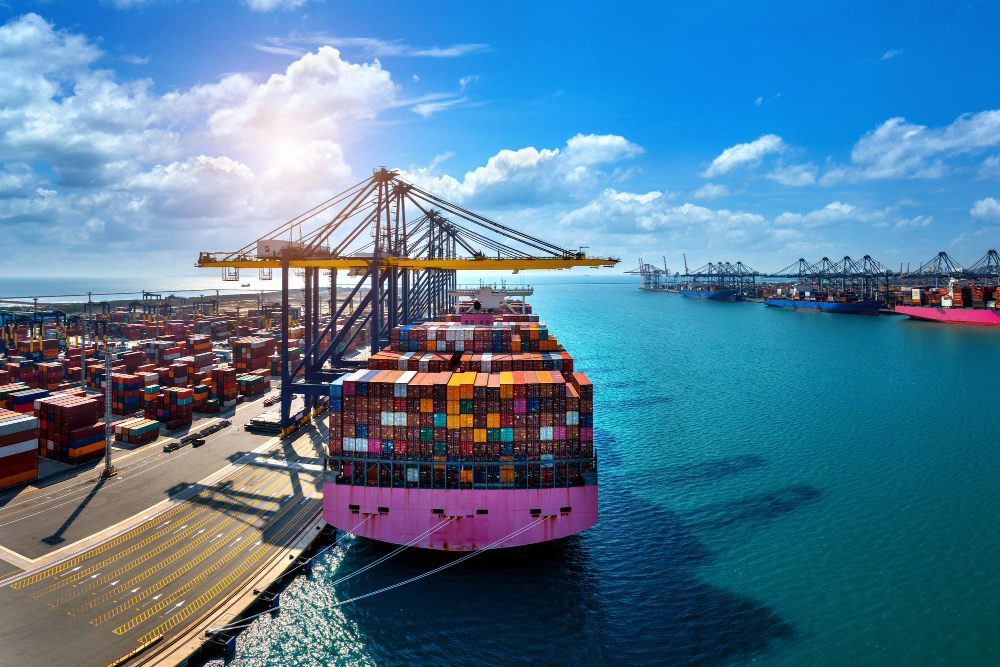June 12,2023
Despite geopolitical tensions, meaningful cooperation on trade remains possible
“Globalization is a fact of life. But I believe we have underestimated its fragility,” United Nations Secretary-General Kofi Annan told the World Economic Forum almost a quarter century ago. Today, the fragility of the liberal international trading system that has underpinned peace and prosperity since the end of the Cold War is all too evident.
Some policymakers, viewing globalization as a threat to domestic industries and national security, seek to reduce their reliance on precarious global supply chains. Even countries that once championed free trade are turning inward to isolate from rivals and secure strategic supplies of everything from computer chips to rare earths.
In this issue of Finance & Development Magazine, we focus on the forces disrupting the established international trade order, such as Russia’s war on Ukraine and geopolitical fragmentation. We also look at how global trade is being reshaped by technology and policy priorities, such as climate change and equality.
Mounting disillusionment with globalization has consequences. Yale’s Pinelopi Goldberg concludes that protectionism would make the world less resilient and more conflict-prone. Dartmouth’s Doug Irwin says history shows industrial policies and subsidies could leave countries worse off. Growing global tensions, notes the IMF’s Michele Ruta, may push regional trade alliances toward less integration and more discrimination. And smaller economies may be sidelined as the world fragments into rival trading blocs. Some will find it advantageous to remain nonaligned, says Oxford’s Ngaire Woods.
But the IMF’s Kristalina Georgieva and the World Trade Organization’s Ngozi Okonjo-Iweala appeal to countries to keep faith in trade as a transformative force that has lifted many millions out of poverty and call for a strengthening of multilateral institutions. Other contributors advocate for a new political consensus to resolve competing demands on the global trading system, taking into account structural changes in the global economy.
Reinforcing the trading system to safeguard its benefits and prevent losses is important. But as Georgieva and Okonjo-Iweala suggest, this will not be enough. In the new world of trade, there is a need for a forward-looking trade agenda—one that is inclusive, green, digital, and increasingly driven by services. As they note, “we cannot afford to stand still.”
There is, of course, much more to explore within the pages of this issue. I hope you also find that it reveals something new to you and provides food for thought.
Source: IMF BLog – by Gita Bhatt
Legal Notice: The information in this article is intended for information purposes only. It is not intended for professional information purposes specific to a person or an institution. Every institution has different requirements because of its own circumstances even though they bear a resemblance to each other. Consequently, it is your interest to consult on an expert before taking a decision based on information stated in this article and putting into practice. Neither Karen Audit nor related person or institutions are not responsible for any damages or losses that might occur in consequence of the use of the information in this article by private or formal, real or legal person and institutions.






